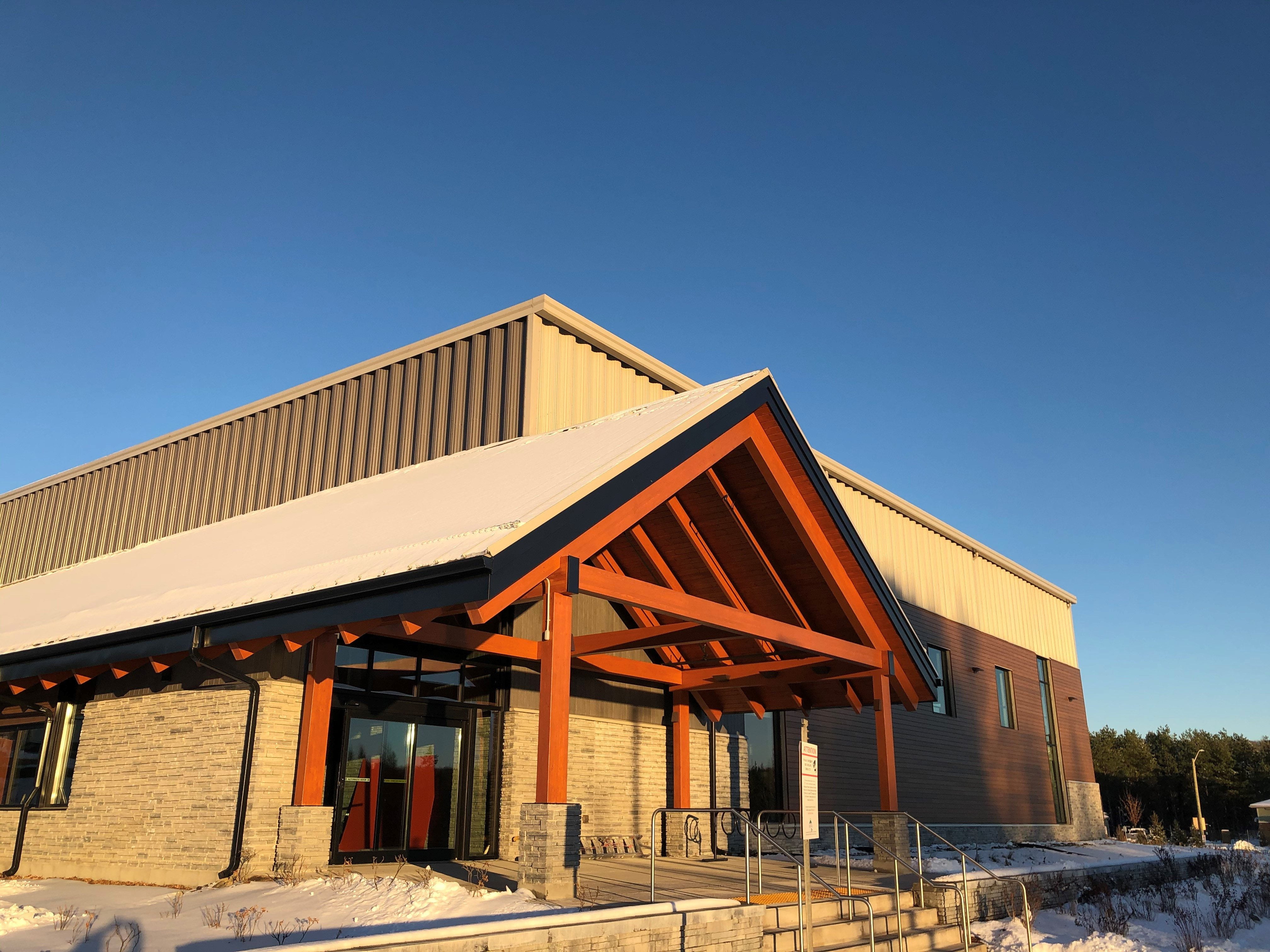An Evolving Industry

The method(s) in which a project is delivered in the construction industry has evolved significantly over the last several decades. Contractors who were once one-trick-ponies are now forced to undertake roles as design-builders and construction managers because of the diverse skillsets that many of the industry’s leading competitors possess. However, one of the most prominent changes in recent years is the role that the client(s) chooses to play in the building process. As a result, the Integrated Project Delivery (IPD) method has become more and more of an appealing system to clients because of the hands-on and collaborative approach that is able to be maintained throughout the duration of a project.
In addition, the IPD method not only chooses to include the client and consultants as part of the building process, but also the entire community. The IPD business model is designed to include people, systems, business structures, and practices when delivering a project. It is designed to utilize and ‘build’ off the strengths and practices of anyone who will be affected by the construction duration and/or the result of the project. This inclusiveness is done with the intent to give the final product added value, create more awareness about environmental impacts, and attempt to create an easy transition between building stages.

Using IPD In Our Work
At McDonald Brothers Construction, we are constantly evolving and expanding our scope of delivery methods, in order to produce the best results for our client possible. Recently, our team completed the S.G. Nesbit Memorial Arena in Minden, Ontario. To successfully complete this project, our team structured a business plan that utilized the IPD delivery method for the construction of the new Community Centre. This proved to be extremely valuable as it allowed our team to exploit all of our resources in an open-book setting.
For this project, McDonald Brothers Construction acted as the primary Construction Manager, while Parkin Architects Limited was the Architectural Consultant. In addition, our team also included Goodkey Weedmark & Associates who took on the role of Electrical & Mechanical consultants, while Cimco Refrigeration acted as the Refrigeration Consultant / Contractor, and McIntosh Perry as the Structural Consultant. All five companies worked in collaboration, alongside the Township of Minden Hills, to produce a groundbreaking facility that will serve the Township for years to come.
The next time you are in Minden Hills, Ontario, be sure to check it out!